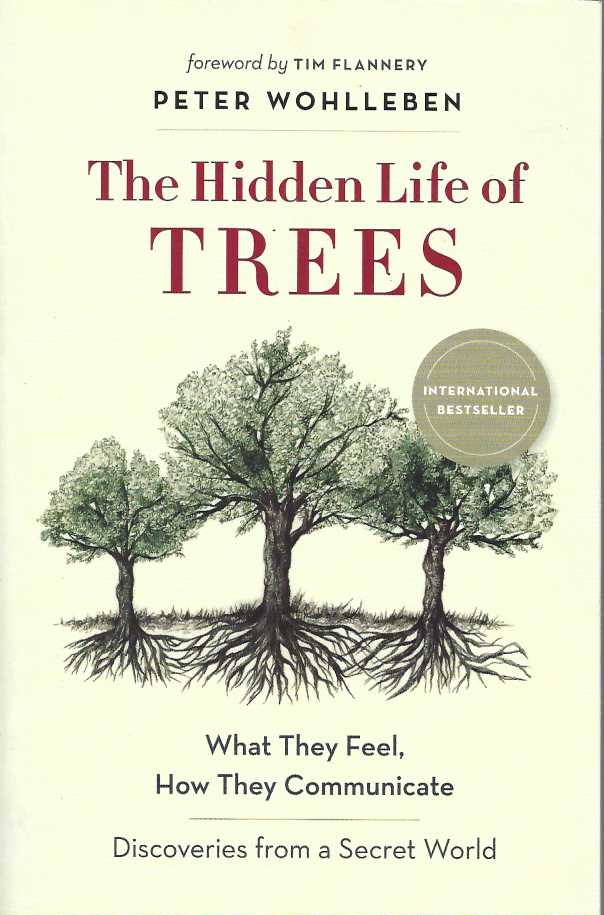In The Hidden Life of Trees, Peter Wohlleben shares his deep love of woods and forests and explains the amazing processes of life, death, and regeneration he has observed in the woodland and the amazing scientific mechanisms behind these wonders, of which we are blissfully unaware. Much like human families, tree parents live together with their children, communicate with them, and support them as they grow, sharing nutrients with those who are sick or struggling and creating an ecosystem that mitigates the impact of extremes of heat and cold for the whole group. As a result of such interactions, trees in a family or community are protected and can live to be very old. In contrast, solitary trees, like street kids, have a tough time of it and in most cases die much earlier than those in a group. Drawing on groundbreaking new discoveries, Wohlleben presents the science behind the secret and previously unknown life of trees and their communication abilities; he describes how these discoveries have informed his own practices in the forest around him. As he says, a happy forest is a healthy forest, and he believes that eco-friendly practices not only are economically sustainable but also benefit the health of our planet and the mental and physical health of all who live on Earth.
Trees. | Trees — Social aspects. | Forests and forestry — Social aspects. | Communication. | Discoveries in science. | Australian pp. xv, 272 #0821
Hidden Life of Trees, The: What They Feel, How They Communicate – Discoveries from a Secret World
$18.00
Sold Out
Additional Information
| Author | Wohlleben, Peter. Flannery, Tim F. (Tim Fridtjof), 1956- writer of foreword |
|---|---|
| Number of pages | xv, 272 |
| Publisher | Black Inc. |
| Year Published | 2019 reprint |
| Binding Type | Softcover |
|---|---|
| Book Condition | As new! |
